Tulsa
Lines
|
It’s hard to pinpoint the exact moment when dj noname. stepped onto the scene. But when he did come no one could've imagined the immediate impact that he would have on the Tulsa music and art scene. It all seemed to come at the right time, when all the stars aligned. But also it came at a time when the big money started to take an interest in the local music and art scenes that were happening right in his own backyard. So who is dj noname.?
0 Comments
A new year, a new flow. With 2022 kicking off, people are at the beginning stages of doing the necessary work needed to achieve their goals. For JuvieRay, the steps to success couldn’t be clearer. His hard work and dedication made JuvieRay stand out and build connections with some of the best in the industry.
When it comes to being unique there are few artists as unique as the artist Devon $.U.A.V.E. The Tulsa artist first came onto our radar with his single "". From first listen you could tell there was something different about him. The way he rapped was off beat but at the same time it was on beat. Whenever you thought his verses were going one way, they would always veer off into a totally unexpected direction. There is something different about this artist but at the same time there is something familiar in his mannerisms and delivery that remind you of a player from the 70s and sharing his game in his lyrics. So keep it cool and sit back and get to know the artists named Devon $.U.A.V.E. A popular quote by Bernard Clive goes, "The loudest voice in a room is sometimes the quietest." No artists expresses this more than the Tulsa artist named Shyheim. His quiet and reserved nature masks his ability to slaughter his competition. His tracks often show just how surgical his pen is, as there is no waisted energy in his lyrical attacks. His alter ego "Shy Guy" is fitting for an artist who can both be the hero, but isn't also afraid to be the villian. Let's get to know Shyheim:
In 2020 there has not been much to celebrate. That would be a lie. You alive. It's not quite YOLO. But it is live life to the fullest. One of the best things that has come out of 2020 was my interview with The Juice Radio Show. It's a local radio show in Tulsa that is apart of the Bobby Eaton radio broadcast. What's so great about it is that it's totally grassroots. OR out the mud. No waiting for major sponsors. No waiting for big radio studios. Just the DIY spirit and the support of the TOWN. That's what makes it so special. So when I got the call about Tulsa Lines doing an interview. I jumped at the opportunity to be apart of the show and see it's greatness up close and in person.
"You either die a hero, or you live long enough to see yourself become the villain." These words sum up Bash The Rappa's career. At his highest of highs, he was the underdog on the come up from a town that supported him and peers that both admired and envied him. But what happens when you start winning too much? America loves underdogs and they love a winner, but what America doesn't like is someone who wins too much. America doesn't like to see David turn into Goliath. That's when you become the villain. And for Bash The Rappa the price of his success was his transition from the hometown hero to now the villain. But how did he become the villain? This is a question Bash The Rappa sets out to explore in his new video "Letter To The Town".
"Feel a way we riot. Feel a way we hittin' Kapernicks."
In these 2 bars the word "feel" gives each bar power. Because to feel, is to be alive. Toree T. is an artist from Tulsa that is bringing that feeling back to hip-hop. Every bar. Every syllable. But most importantly every song has a message that listeners feel. Of course she's a dope emcee that can at any moment flex her lyrical muscles, but that wouldn't be what's needed in music right now. Especially when people need music that will make them feel what's really going in the world, Toree T. decided she couldn't be silent, she would tell the story the best way she knew how. Let's get to know Toree. T.:
1) What's one album that you believe has the best production? I can’t just pick one, and I think that speaks to the sounds that you hear on (IN)VISIBLE MAN, but here are a few: Kanye’s My Beautiful Dark Twisted Fantasy, The Dream’s LoveHate, Big KRIT’s Return of 4Eva, Rick Ross’ Teflon Don and Roy Ayers’ Vibrations.
2) Many people don't know that you really have your P.H.D. can you speak about your educational background and why you wanted to get a P.H.D.? Yeah, I have a PhD in Higher Education Administration. I’m a first generation college graduate that worked at the university level for almost 7 years. It was important to finish because there is a very low percentage of Black people that have terminal degrees. But I knew I had to complete the degree on my own terms, which my dissertation was in the form of a hip hop album. Fast forward, the education still remains in my music. You’re gonna get dope production, classic bars and some soul that will edify you. That’s the formula. 3) What do you want people to get from (IN)VISIBLE MAN? I want people to understand that I see them. I understand their struggle of trying to make it in a world where they feel invisible, or no one really tries to grasp their stories or motivations for living. I want people to recognize that art imitates life and (IN)VISIBLE MAN is a direct correlation to the shit we endure everyday. This is the soundtrack of the times. It’s something for everyone. Lastly, I want everyone to know that the album consisted only Oklahoma artists and was a homage to Ralph Ellison, who wrote the iconic book, Invisible Man. I’m letting the world know that Oklahoma has been and will continue to be dope. 4) What's one song on the album you suggest everybody listen to? All of them. It’s not an album, it’s an experience. Each song is connected to the next. I want people to just press play, close their eyes for 45 minutes and go to a place. And allow the music to speak to them. I promise it will. 5) What's next for Dr. View in 2020? I’m one of the executive producers for Fire in Little Africa, which is a compilation album in commemoration of Black Wall Street. That project drops in February 2021, but I have a project with St. Domonick coming soon called 25 Lighters, a project with Thomas Who? coming soon called Dr. Who?, and my hip hop collective, The Space Program, is currently developing a project. Lastly, the Chopstars out in Houston (OG Ron C & DJ Candlestick) chopped and screwed (IN)VISIBLE MAN, and it sounds crazy. The doc knows best. There's a reason why when doctors talk that people listen. Whether it's for health, wealth, or wisdom, having a doctor around puts everyone at ease. From Dr. Vivien Thomas to Dr. Dre, the greats have always left their marks on history. So when Tulsa and Oklahoma City was in need of a project to help solidly the Oklahoma hip-hop scene and showcase the two cities ability to work together and create a cohesive hip-hop project, the universe yelled, "Is there a doctor in the house?". Dr. View was the doctor to answer this call with his project called "(IN)VISIBLE MAN", which can only be described as so Tulsa, so Oklahoma City, so Oklahoma, but most importantly so Hip-Hop! Let's sit sit down and get to know the doc they call Dr. View. With 420 right around the corner we thought it would only be right to interview Mr. Kusher himself.... Keezy Kuts. His recent release of "Pre-Rolled 2" can only be described as a smoker's delight as each song seamlessly transitions through the "highs". This EP is the perfect sequel in the "Pre-Rolled" series. Take a listen to our interview with Keezy Kuts. 5 For 5: Bambi Has the Game wrapped Around Her AS SHe Looks To Take Her Seat At The Throne3/20/2020 "I know I really love you, Throughout history the royal throne has been occupied by kings and also by queens. And as history has proven that some of the most successful rulers were queens who helped make empires that have been studied and marveled at to this day. It's something about a queen that you gotta respect. Queens move with a power and a grace that commands the attention of any room. But don't take their femininity for weakness. Some of the most ruthless rulers were queens who at a moments notice would slit a man's throat without blinking. And we not even going to talk about their ability to take a man's heart out of his chest and laugh as it beats slowly in her palms. Right now is the right time to go for the crown as a new challenger named Bambi is looking to show that she has what it takes to reign over the game and take her rightful seat at the throne.
|
About Author
|

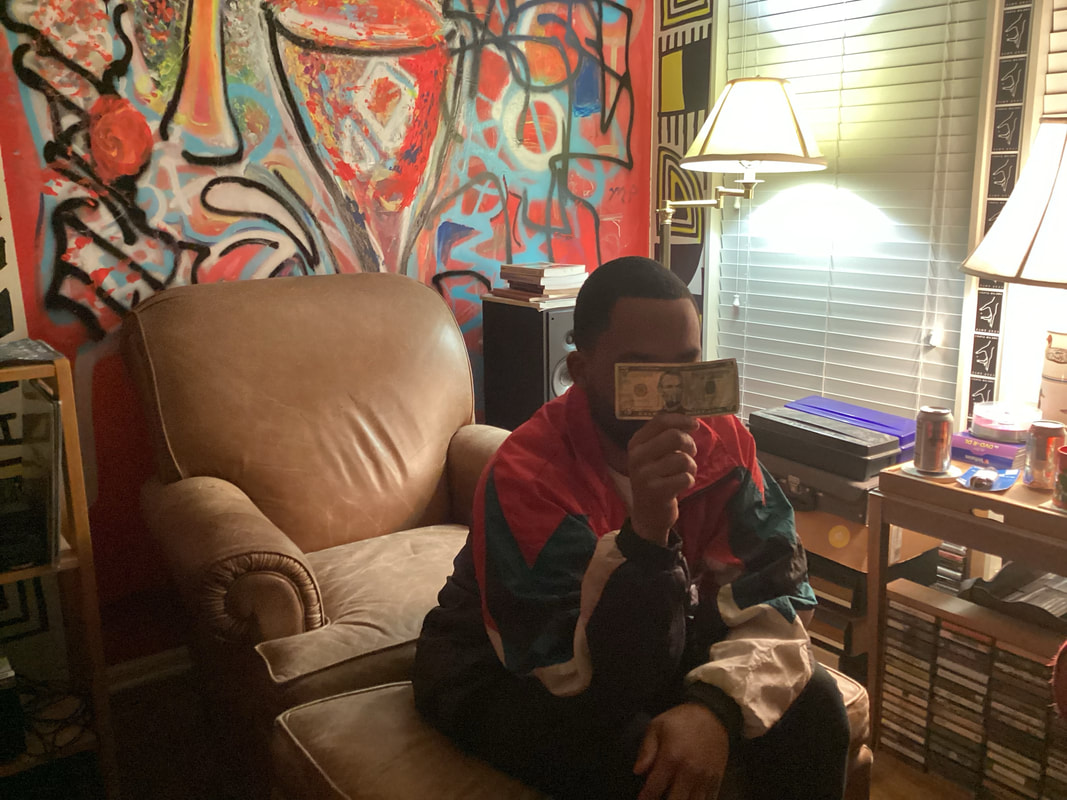
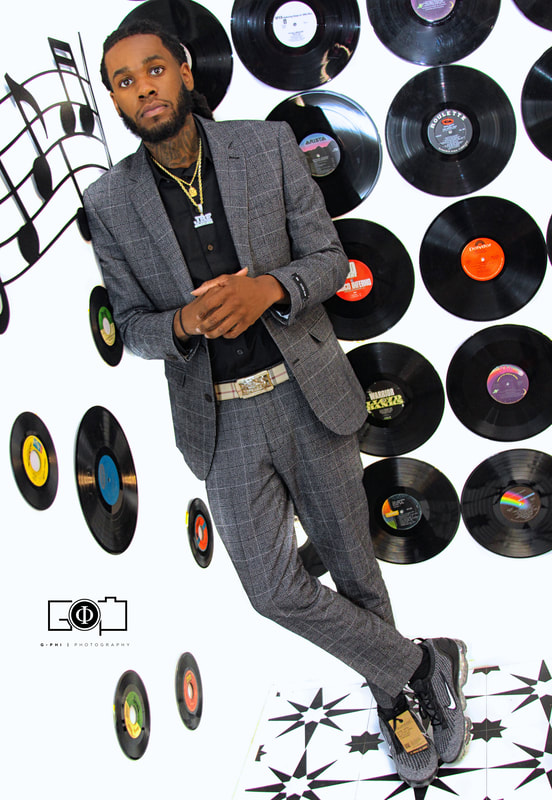
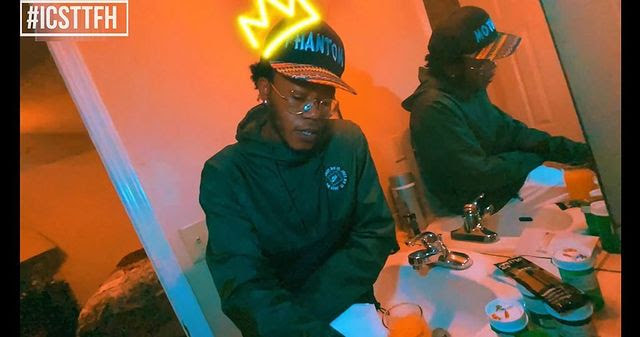
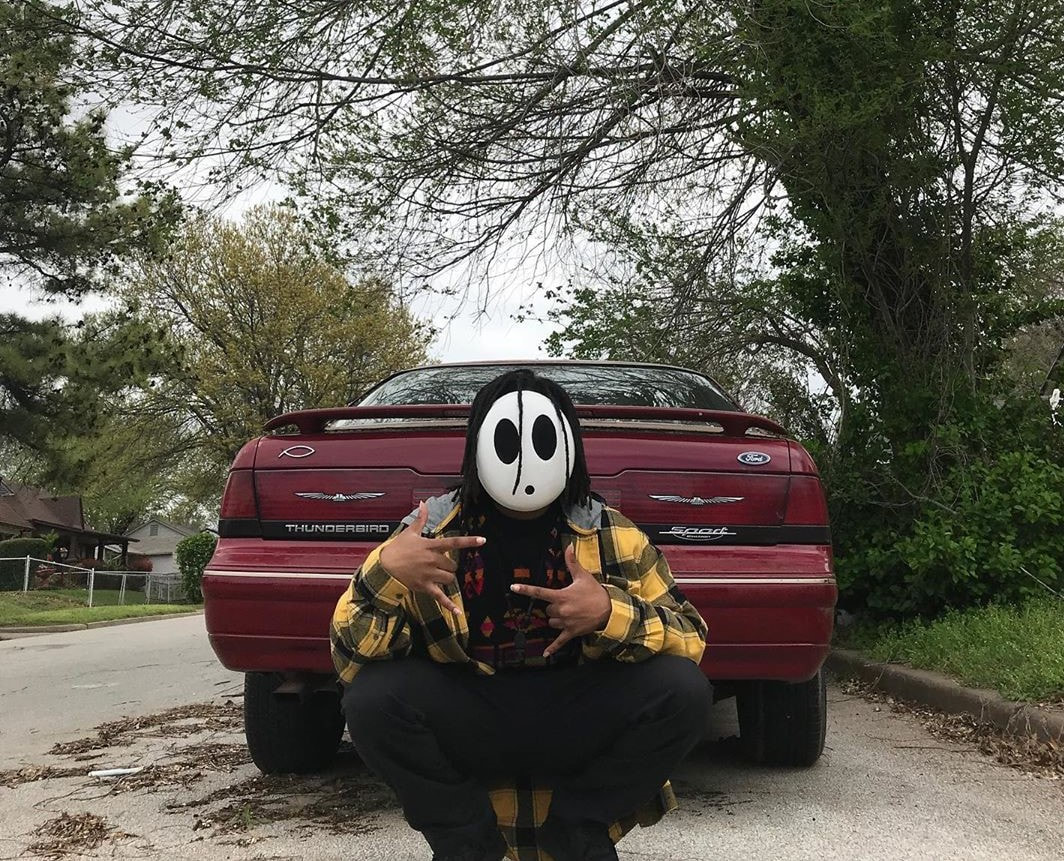
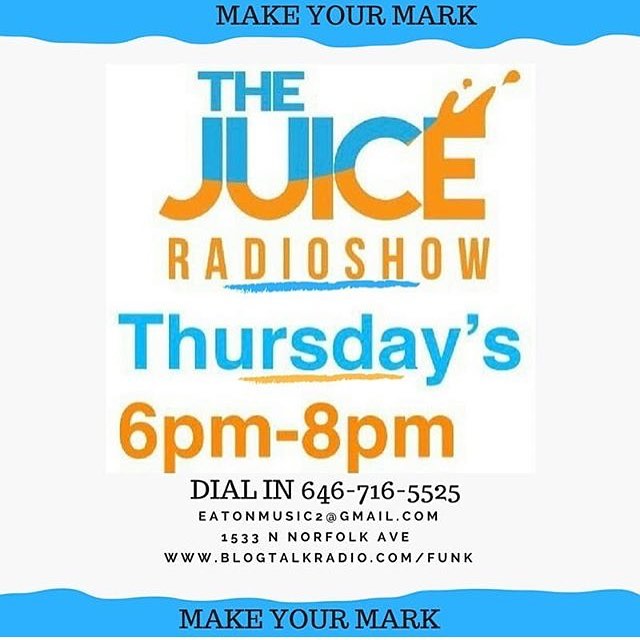
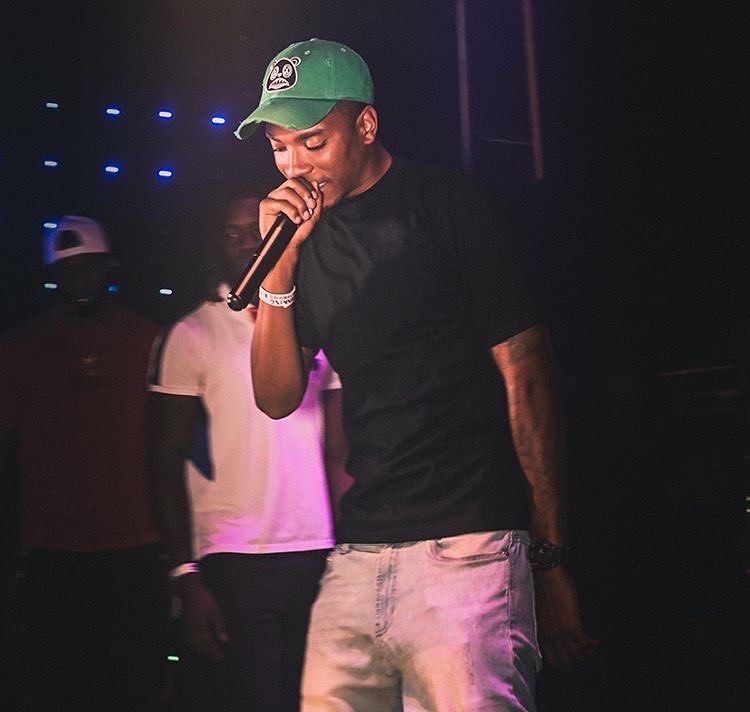
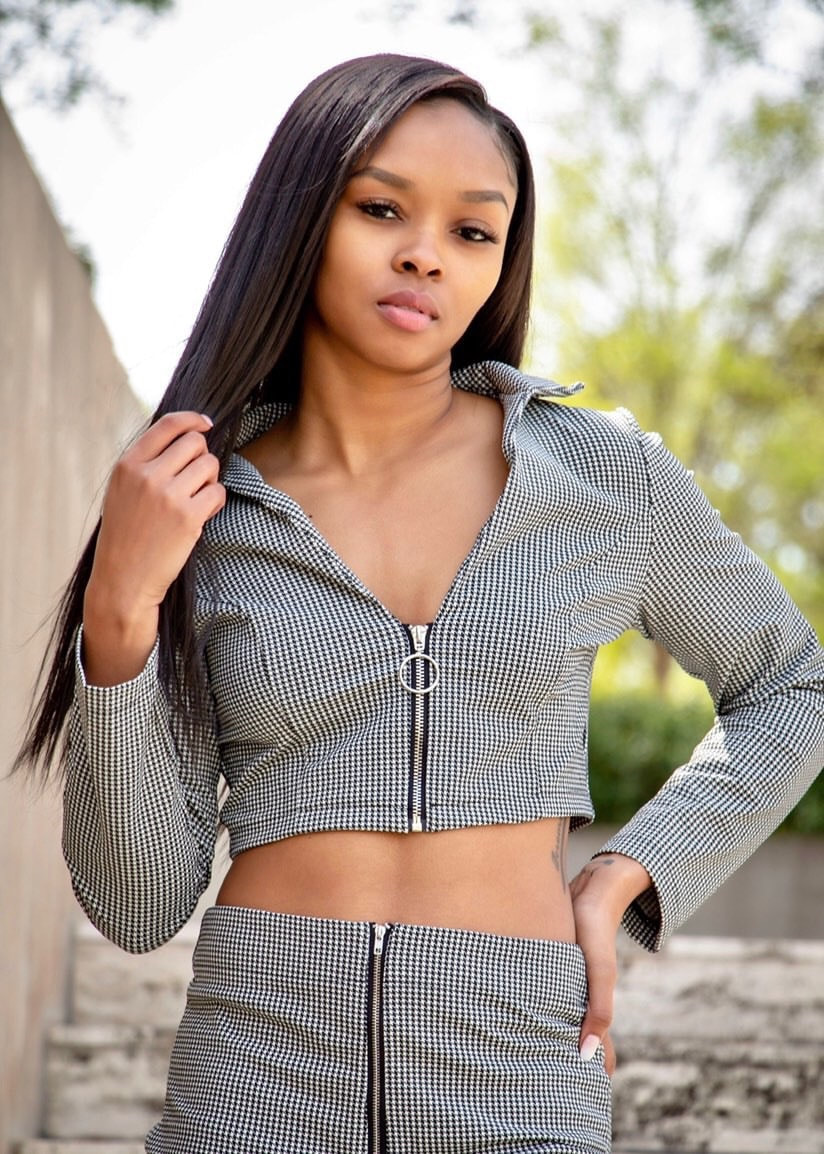
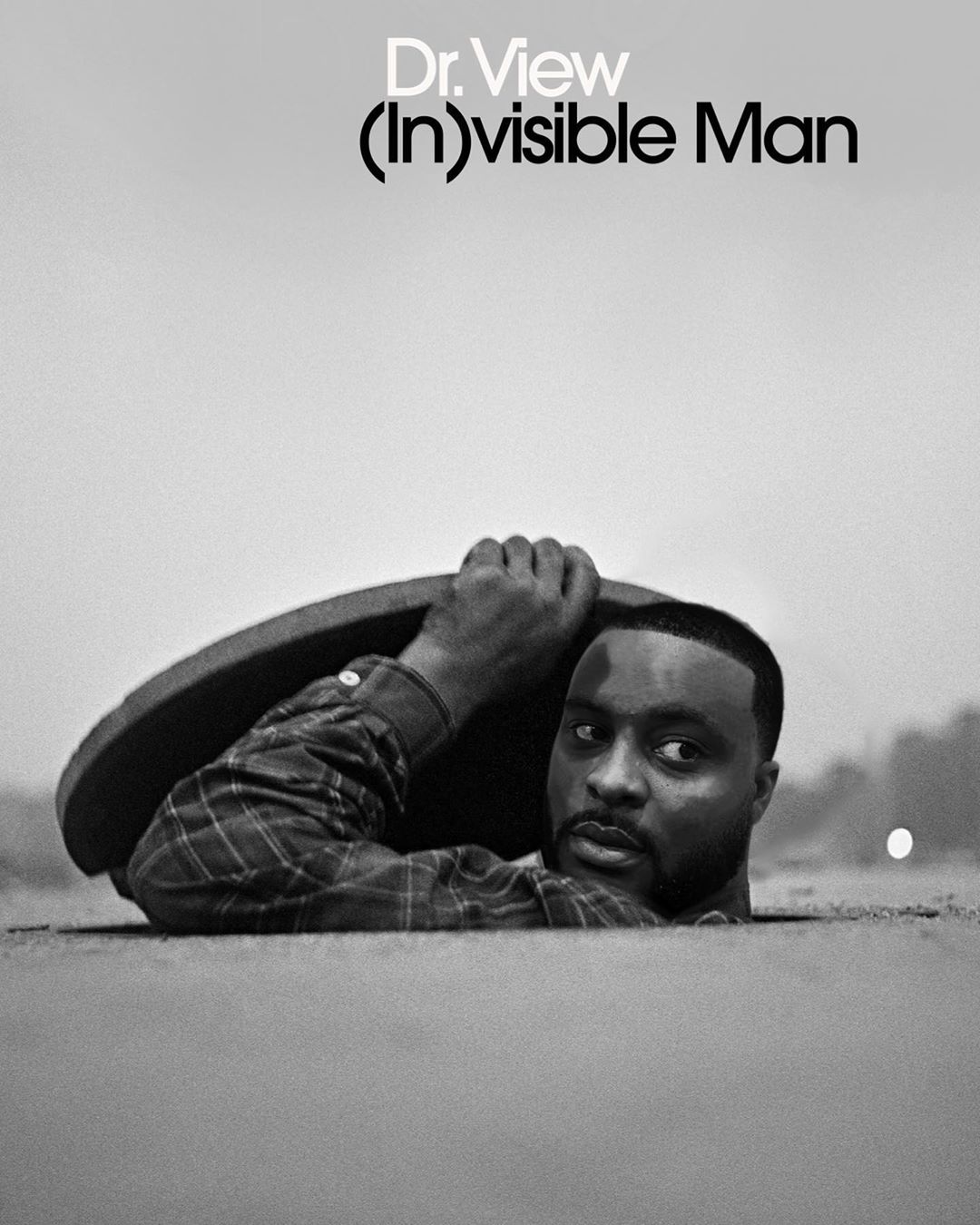
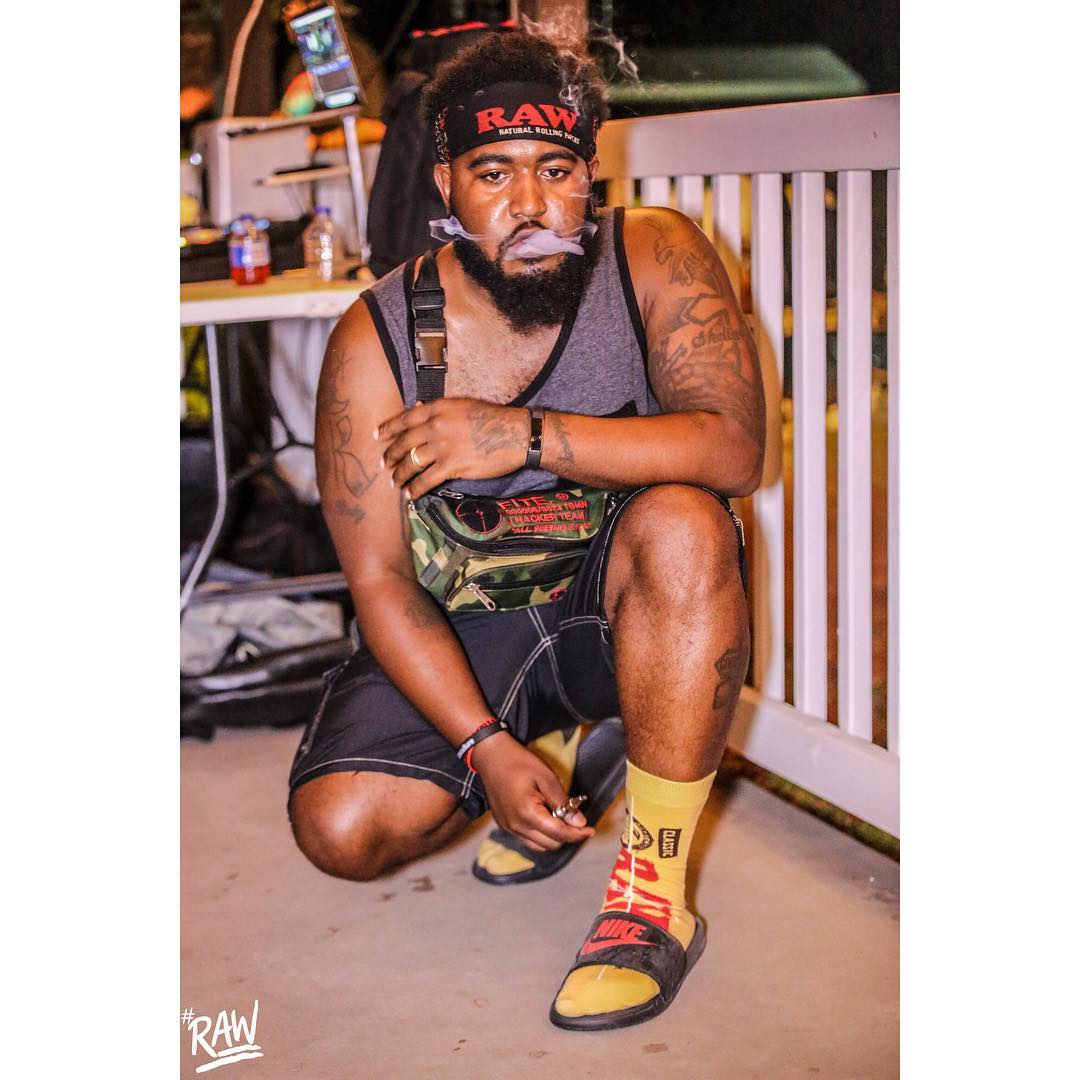
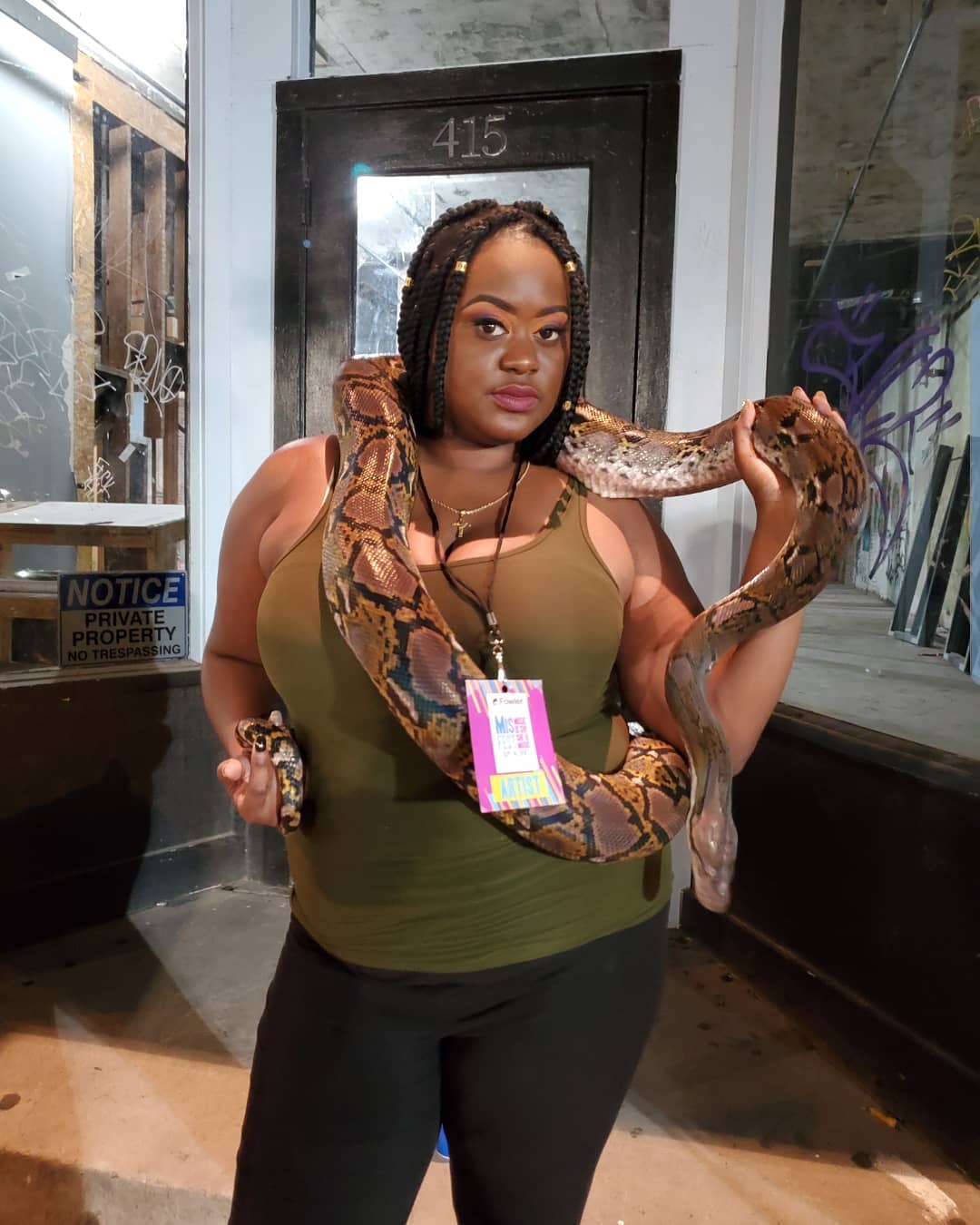
 RSS Feed
RSS Feed